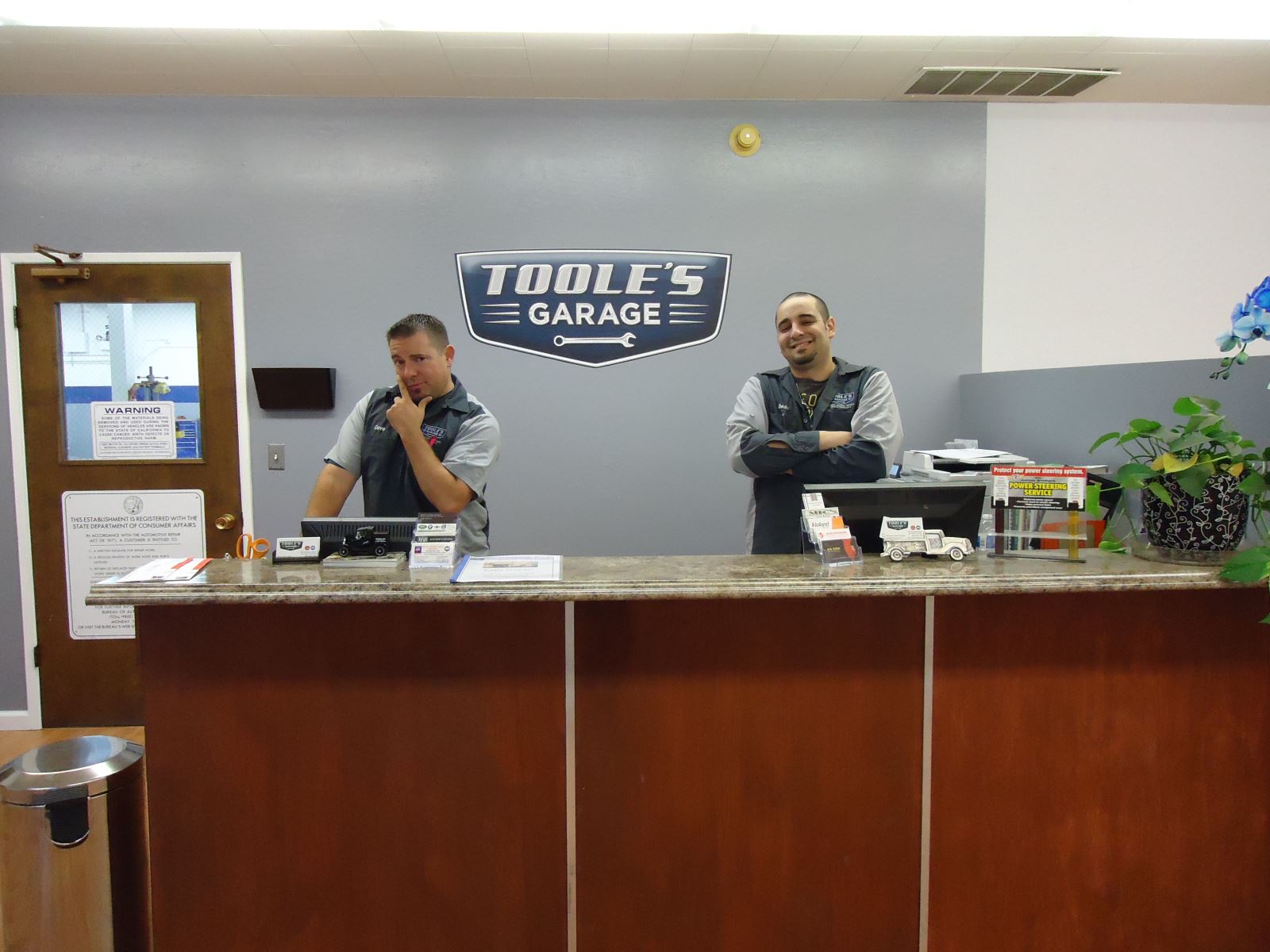
In your day to day dealings with companies, do you ever find yourself asking in your head, "Wow, were did customer courtesy go?" Well, it is alive and well at our San Carlos Auto Repair, Toole's Garage. We know that your day to day can be filled with errands, school, shopping, school sports, commuting, cooking, going to the gym, and oh yeah....work! Well, at Toole's Garage, we have very low cost rental cars, shuttle, and even concierge service! That's right! Concierge service! Many of our clients have so much on their plate, that we will come and pick up their vehicle from the home or office, perform the work they need, and return the vehicle back to them! This is a service that we have been doing for some time, but have accumulated more demand for. All you have to do is give us a phone call, email, online appointment, text, Tweet, or Facebook post! Whether you drive a Honda, Acura, Nissan, Infiniti, Toyota, Scion, Lexus, Hyundai, Mazda, Subaru, Prius, or any Hybrid, when you are ... read more